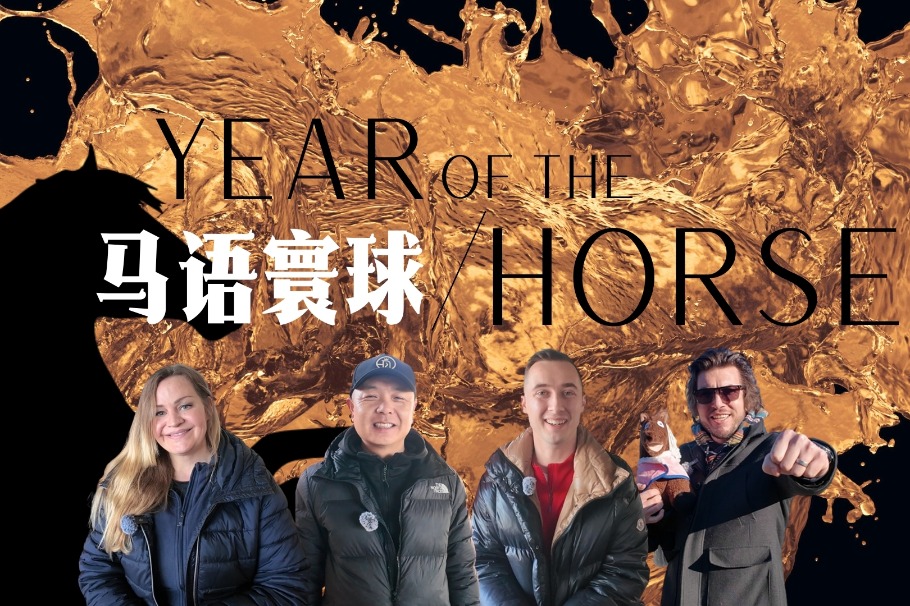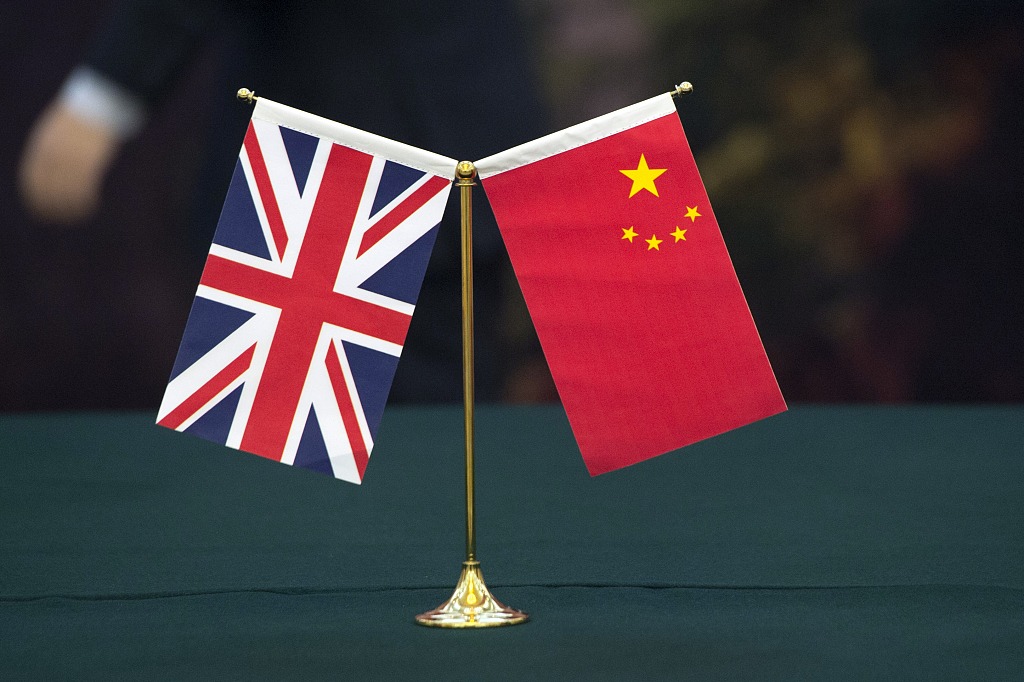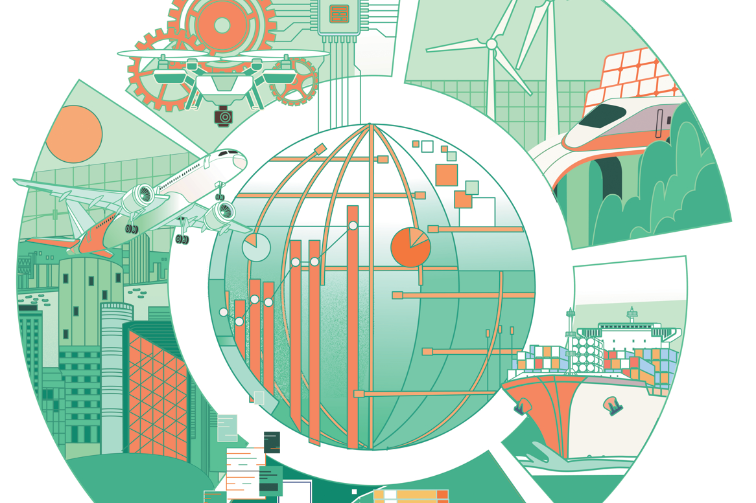Gulf trip will bolster collaboration, cooperation


At the invitation of Saudi Arabia's Crown Prince and Prime Minister Mohammed bin Salman and the UAE's Vice-President and Prime Minister Sheikh Mohammed bin Rashid Al Maktoum, Premier Li Qiang will visit Saudi Arabia and the United Arab Emirates from Tuesday to Friday. In Saudi Arabia, he will chair the Fourth Meeting of the High-Level Chinese-Saudi Joint Committee.
Saudi Arabia, the UAE and China are all major emerging market economies upholding their strategic autonomy and supporting multilateralism in global governance and free trade.
Premier Li's visit is conducive to deepening China's win-win cooperation with the Gulf countries, and strengthening their strategic coordination, under various bilateral and multilateral frameworks, for proper resolutions of the Gaza conflict and the Ukraine crisis at an early date.
Since the establishment of diplomatic relations between China and Saudi Arabia on July 21, 1990, bilateral relations have developed rapidly. In January 2016, the two countries established a comprehensive strategic partnership.
They have achieved fruitful results in practical cooperation in various fields. Since 2001, Saudi Arabia has been China's largest trading partner in the Middle East. China has become Saudi Arabia's largest trading partner since 2013. Saudi Arabia has long been China's leading supplier of crude oil. In 2023, China imported 85.959 million tons of crude oil from Saudi Arabia.
Since the establishment of diplomatic relations between China and the UAE on Nov 1, 1984, bilateral relations have made great progress. In July 2018, the two countries established a comprehensive strategic partnership. The UAE has been China's largest export market and second-largest trading partner in the Middle East for many years. The UAE is China's fifth-largest source of crude oil imports.
China's cooperation with the two countries is not limited to energy but more importantly expanding fast to other sectors that are of strategic importance to the three countries' joint pursuit of sustainable development, including the digital economy, the green economy, innovation, climate change, telecommunications, aerospace, finance and investment.
China's cooperation with the two Middle East countries taps into their economic complementarity and sets a good example of South-South collaboration based on shared beliefs in international fairness and justice. It expands the common interests among the three countries and contributes to regional and world peace and common prosperity.


































